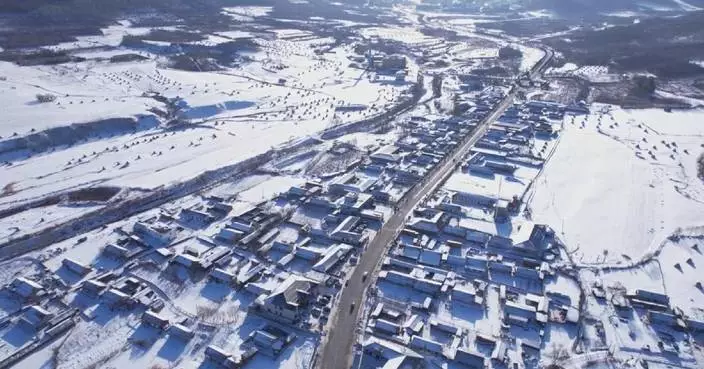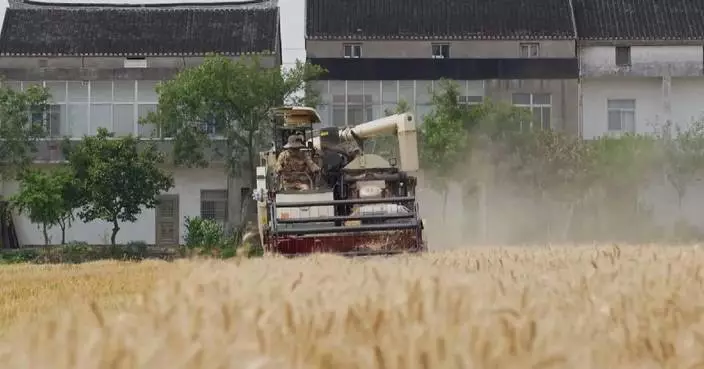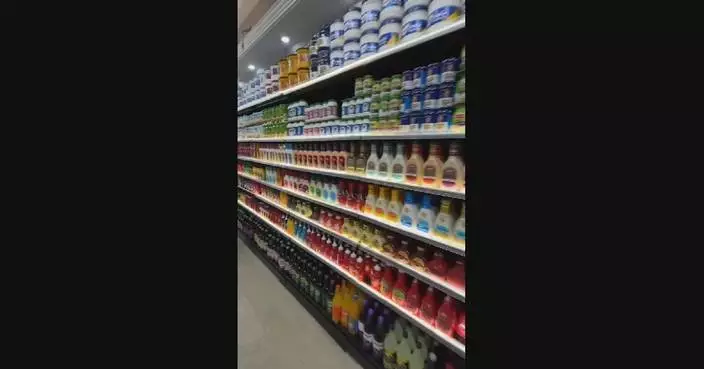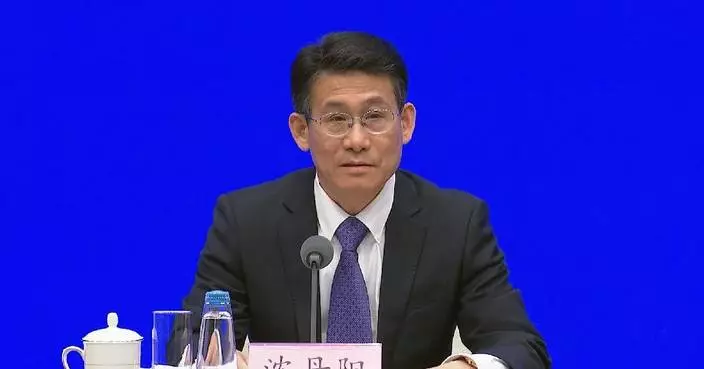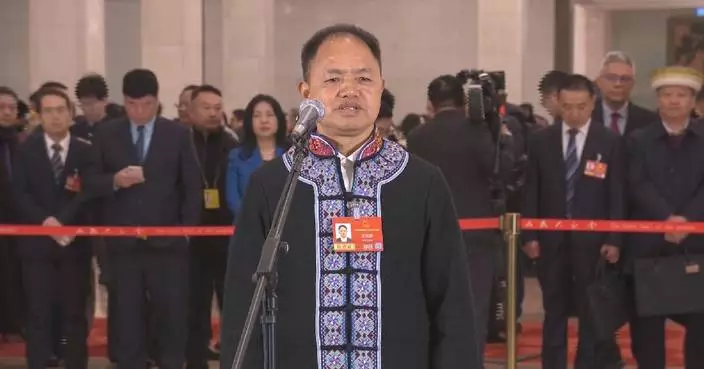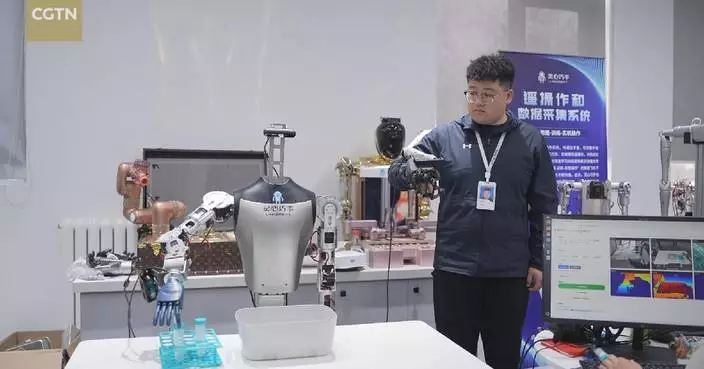China is rolling out a childcare subsidy system and enhancing supportive policies nationwide aimed to boost births and support families, the country's National Development and Reform Commission announced on Monday.
As part of the initiative, the government will establish a childcare subsidy system and create a special relending tool to boost key service consumption areas and enhance the development of the elderly care industry.
Meanwhile, localities are accelerating the implementation of supportive policies designed to boost births. So far, 10 provinces and regions in China have fully realized the direct payment of maternity allowances to individuals.
This change simplifies the previously complex process, where funds were first transferred to employers before being passed onto employees, significantly speeding up the time required to receive the allowance.
China's maternity allowance is calculated based on the average monthly wage of the employee's company from the previous year, with the higher the average wage, the higher the maternity pay offered.
In the latest move, China's National Medical Insurance Administration has streamlined the process for claiming maternity allowances, eliminating the need for additional documents such as birth permits, fertility service certificates, and marriage certificates.
In the future, more regions will be encouraged to directly pay maternity allowances to female employees, and pilot programs for those engaged in flexible employment to participate in maternity insurance will be launched.
In Zhuzhou City of central China's Hunan Province, the application process for maternity allowance has been streamlined since February. The application can now be submitted online in a one-stop manner immediately after childbirth, instead of waiting until the end of the maternity leave period. The processing time has also been halved from 20 down to 10 working days.
Wang Shuangshuang, a 36-year-old local resident who is now expecting her third child, said it previously could take around eight months to receive the allowance after giving birth, but now the application process is much faster and smoother.
"I can apply online myself after giving birth. I only need to fill out a form without having to run around. It's very convenient and thoughtful," she said.
In addition to financial support, China is also expanding inclusive childcare services to address the acute problems facing families. This year, 660,000 new inclusive childcare spots will be added nationwide, providing affordable and quality childcare services for residents.
Currently, over 1,300 counties and cities have introduced construction and operation subsidies for childcare institutions to lower service costs and make childcare more accessible for families with infants. For example, Shenyang City in northeast China's Liaoning Province is accelerating the layout of community-based inclusive childcare stations and applying residential prices for water, electricity, gas, and heating fees for childcare institutions, which used to cost much more in the past.
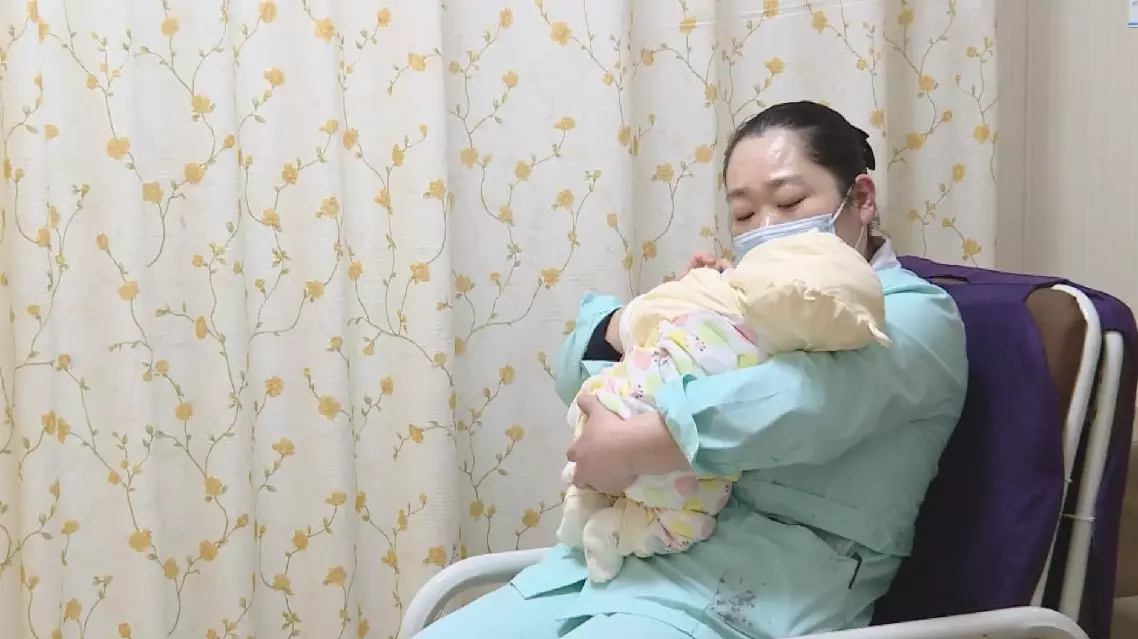
China introduces childcare subsidy system, expands supportive policies for families
China will take more effective measures to improve people's wellbeing, especially in education, healthcare, and social security, an official said Thursday in Beijing at a press conference on the interpretation of this year's government work report, which was submitted to the national legislature for deliberation earlier in the day.
Shen Danyang, head of the government work report drafting team and director of the State Council Research Office, said centering on enhancing educational equity and quality, the report made arrangements for education at all educational stages and of all types.
"Regarding preschool education, the policy of free education in the year prior to entering primary school will continue to be implemented this year, which is commonly referred to as free admission to the senior class of kindergartens. So, how can the income reduction of kindergartens be addressed? Subsidies will be provided by both the central and local governments, with the central government taking the lion's share. This year, the funds allocated to support the development of preschool education will increase significantly by 37.8 percent to ensure the implementation of the beneficial policy," he said.
Regarding senior high school education, Shen said the report stated that the supply of regular senior high school places will be increased,
Specifically, for areas with a continuous net inflow of population, a number of regular high schools will be planned and constructed on an annual basis. For regions with a temporary shortage of school places, priority will be given to the renovation and expansion of existing teaching buildings, student dormitories and canteens, he said.
Shen said the report put forward many supportive measures in healthcare.
"For instance, it urged efforts to strengthen coordination in drug use at the grassroots level, which mean improving the list of essential drugs, and optimizing the channels for drug supply and drug use coordination between upper- and lower-level medical and health institutions to make it more convenient for the public to use drugs at their doorstep. Besides, the report has made arrangements for supporting the development of innovative drugs for the third consecutive year. This year, China will strengthen the coordination of supportive policies in an all-round way, further address issues such as the barriers facing innovative drugs entering hospitals, and better meet the diverse medical and medication needs of the people," he said.
In terms of social security, Shen said the report proposed to continue raising the minimum standard of basic pensions for urban and rural residents -- a policy will benefit over 180 million elderly people.
"The central government will allocate 1.25 trillion yuan (about 181.25 billion U.S. dollars) in subsidy funds to ensure the timely and full payment of pensions. In response to the insufficient protection of the rights and interests of people engaging in new occupations, the report proposed to steadily and orderly expand the scale of the pilot program for occupational injury insurance. This year, the policy will cover 31 provincial-level regions across the country and the Xinjiang Production and Construction Corps. Meanwhile, enterprises specializing in travel, instant delivery and intra-city freight delivery will be included in the pilot program, which will ensure the safety of more laborers, such as food delivery workers and online car-hailing drivers," he said.
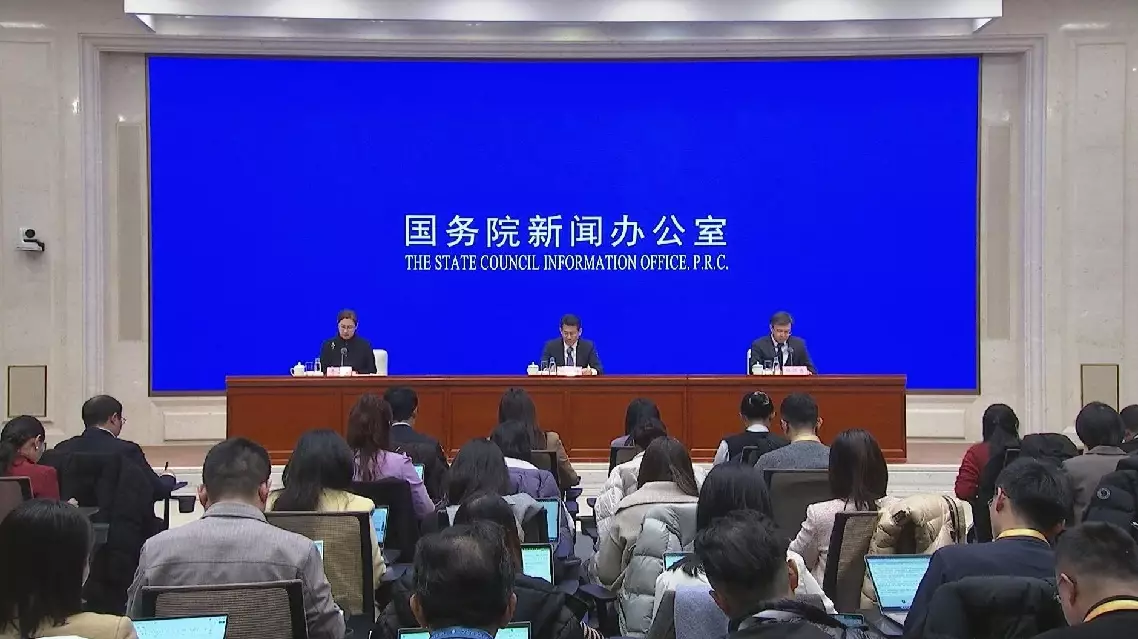
China to improve people's wellbeing in education, healthcare, social security: official




